Toddler Talking to Himself – Is It Normal?
Self-talking in children can concern some parents. But is it worrisome? Learn how self-talk displays kids’ growing imaginary world and how they connect real-life objects with that world. It’s a phase that’s as important as it is fascinating!
Most toddlers talk to themselves or with their toys. This is a self-talk child development trait that occurs at a certain period in toddlers’ lives. Although self-talk is seen in adults and children, it is more observed in kids. Find out what it signifies and whether you need to be concerned.
Is Self-Talk Normal in Toddlers and Kids?
Self-talk is a normal behaviour in toddlers and young children. It’s a way for them to process their thoughts, emotions, and experiences. Self-talk can involve talking out loud to themselves, playing out scenarios, or repeating phrases they’ve heard. It’s part of their cognitive development as they learn language, problem-solving, and self-regulation skills. As they grow older, self-talk tends to decrease, but it remains essential to how children learn and understand the world around them.
Conversations With Inanimate Objects: The Why
Self-talk in kids is related to their cognitive development. Studies show that it’s a form of communication that kids participate in in their imaginary world. The characters they converse with in this fanciful universe may be the same as in real life. Still, a toddler talking to himself perceives himself as playing a different role other than himself. In this role, he may imitate what he’s seen others do. Toys can also play important characters in this world, which is why toddlers speak to them.
1. Developmental Aspects Associated With Kids’ Self-Talk
If you are a parent to a kid between 3 and 5 years old, you may ask whether it’s normal for toddlers to talk to themselves. According to child psychologists, it’s kids’ way of expressing their innermost feelings and thoughts. Moreover, this trait also helps them familiarise themselves with their environment, leading to a better hold of the language. The next time you see your toddler talking to his toys, rest assured that he’s only going through a phase and will outgrow it in time.
2. How Toddlers’ Self-Talk Differs From Adults
Unlike adults, toddlers’ self-talk is more prominent and even loud. They forget their environment and are transported to their imaginary world. They may question themselves and their toys loudly and use gestures, too. These self-conversations demonstrate examples of private speech in children and are completely unilateral. They can be termed egocentric speech (4).
Self-talking in children also encompasses a three-stage action – a private speech about a completed action or plan, an action in progress, and a conclusion. This process may be repeated many times to form a story.
3. How Self-Talk Benefits Your Child?
Numerous studies have shown that self-talking is beneficial for kids (3). Here are some important advantages that you must note:
- Intelligence is the most significant factor of self-talk in child development. Kids with a higher frequency of self-talk are looked into as being smarter than those who don’t engage in it.
- When a toddler self-talks, he shows his acquaintance and family the concepts he has learned in the real world. This should reassure you that your child is developing.
- Do you often see your toddler having conversations with toys and himself? It shows he’s less erratic and that his self-control is improving. On the other hand, Impulsive children may be prompted to use verbal commands and may need guidance to talk to themselves.
Self-Talking – When to Worry?
Self-talk in toddlers is natural. Children relish daydreaming and having unfathomable talks with their inanimate friends. They can have endless conversations with imaginary friends, like pets, inanimate dolls, and teddy bears. Mostly, they repeat what they hear from their parents. It signifies their curiosity to learn about new things and brain development.
However, it is a matter of concern if a child repeats the same sentence. Self-talking and repetitive talk go along, but the child might have developmental difficulties if it continues for long. Repetitive self-talking is sometimes a symptom of autism in children (1). If you notice that when making certain changes in your child’s schedule, he gets upset and indulges in self-talking to calm himself, you should soon consult a doctor. You should not form your assumptions too soon. Self-talking and repetitive talk cannot be considered as a conclusive factor to determine if your child is autistic or not. The signs of autism in children are more complex (2). Self-talk, on the other hand, is a stepping stone to their development.
FAQs
1. Should parents intervene if their toddlers talk to themselves excessively?
Generally, parents do not need to intervene if their toddler engages in self-talk, even if it seems excessive. However, if the self-talk becomes disruptive or interferes with the child’s daily activities or social interactions, parents may gently redirect their attention or seek guidance from a child psychologist to ensure no underlying issues.
2. Is there a difference between self-talk and imaginary friends?
Yes, there is a distinction between self-talk and imaginary friends. Self-talk involves a child speaking to themselves aloud or in their mind. In contrast, imaginary friends are imaginary companions created by the child for companionship or to express emotions and creativity. Both are normal aspects of childhood development and can coexist or occur independently.
Self-talk in toddlers is very common, especially between 3 and 5 years of age. The habit gradually recedes thereafter. While it may vary in frequency and form among children, self-talk generally signifies healthy cognitive functioning. By supporting and encouraging self-talk in toddlers, we nurture their confidence and self-awareness.
References/Resources:
1. 3 Early Signs of Autism Spectrum Disorder (ASD); American Academy of Pediatrics; https://www.healthychildren.org/English/health-issues/conditions/Autism/Pages/Early-Signs-of-Autism-Spectrum-Disorders.aspx
2. Autism Spectrum Disorder; National Institute of Mental Health; https://www.nimh.nih.gov/health/topics/autism-spectrum-disorders-asd
3. Self Talk and Teens Explained; Tasmanian Department of Health; https://doh.health.tas.gov.au/healthykids/blog/self_talk_and_teens_explained
4. Burnell. D. P; Egocentric speech: an adaptive function applied to developmental disabilities in occupational therapy; PubMed; https://pubmed.ncbi.nlm.nih.gov/474332/
Also Read:
Why Toddlers Hold Objects Close To Their Face
Is Your Toddler Obsessed With Organising Things?
Toddler Lining Up or Rearrange Toys – Is It Common?
Was This Article Helpful?
Parenting is a huge responsibility, for you as a caregiver, but also for us as a parenting content platform. We understand that and take our responsibility of creating credible content seriously. FirstCry Parenting articles are written and published only after extensive research using factually sound references to deliver quality content that is accurate, validated by experts, and completely reliable. To understand how we go about creating content that is credible, read our editorial policy here.





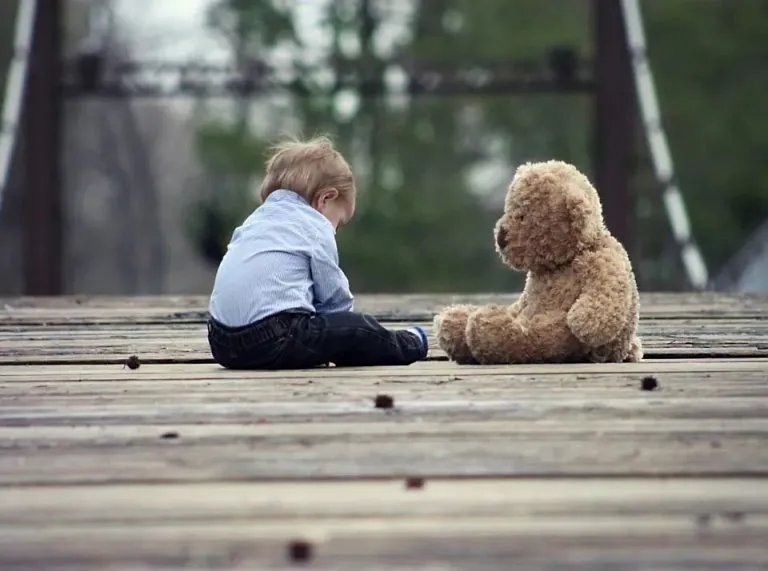
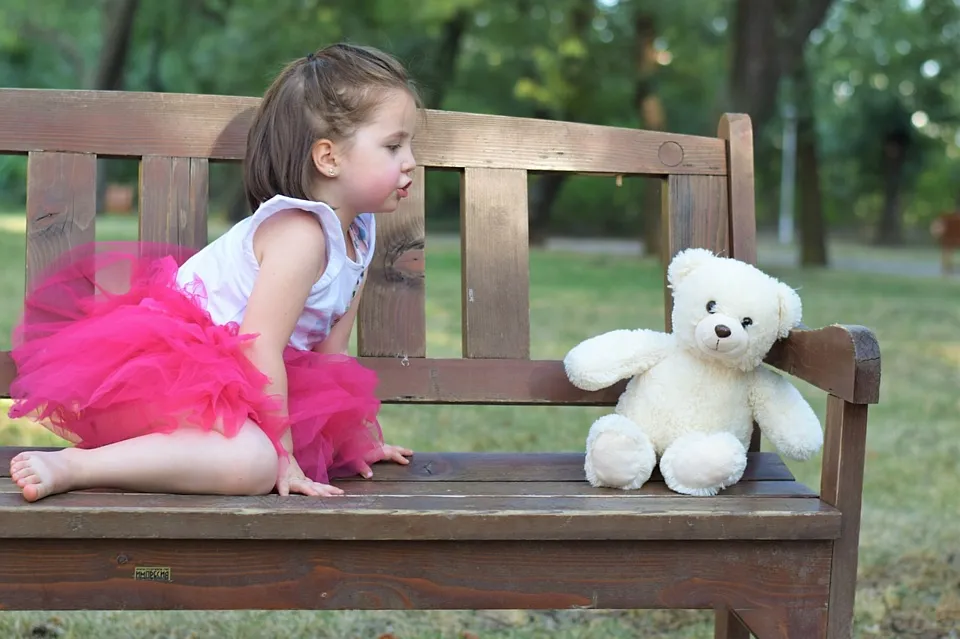
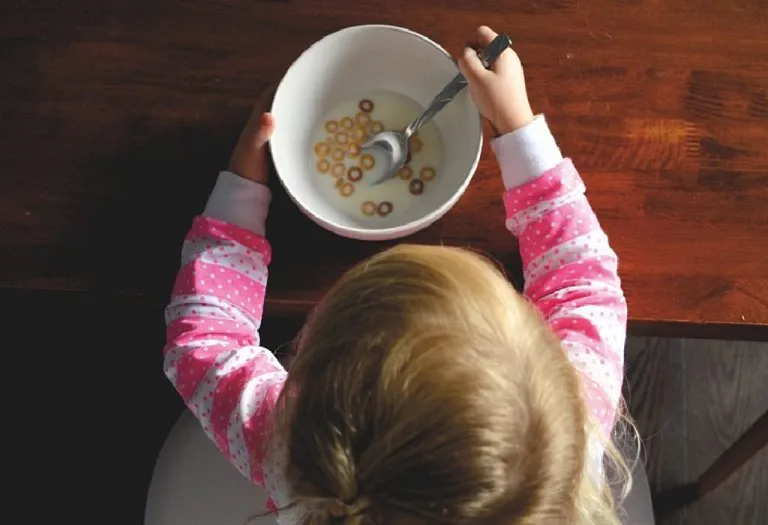
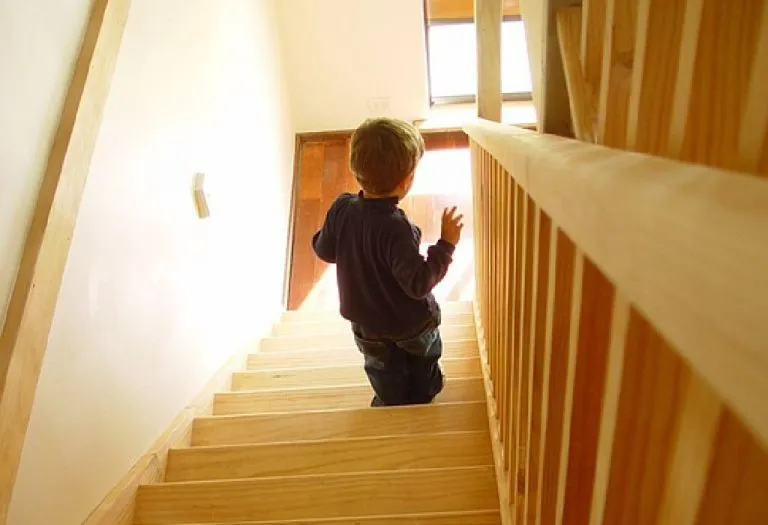

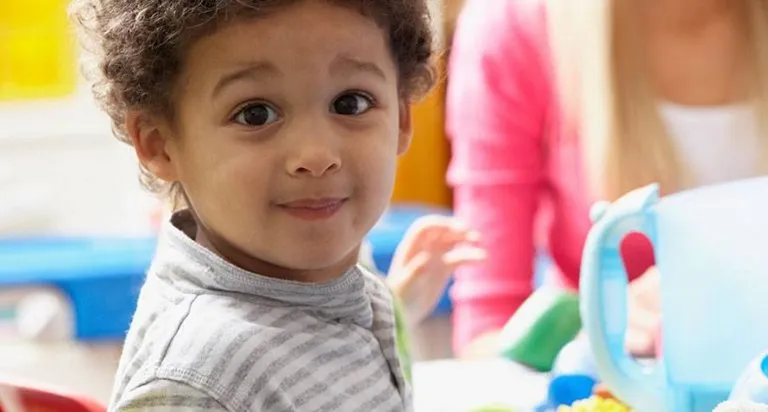
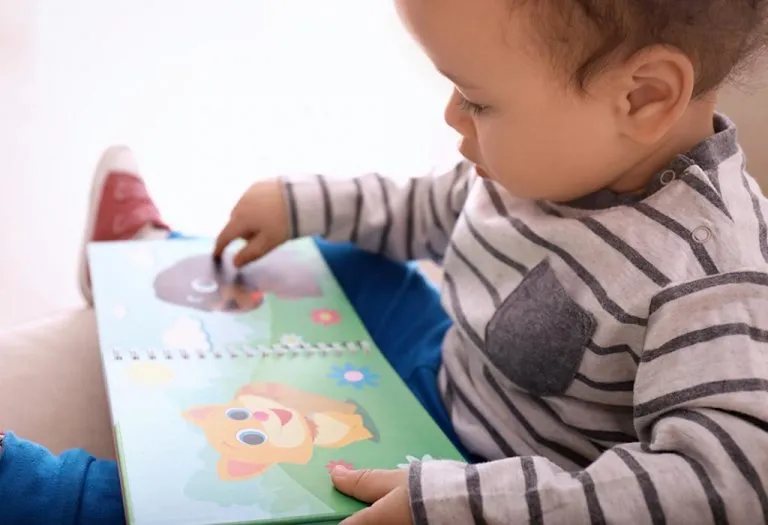
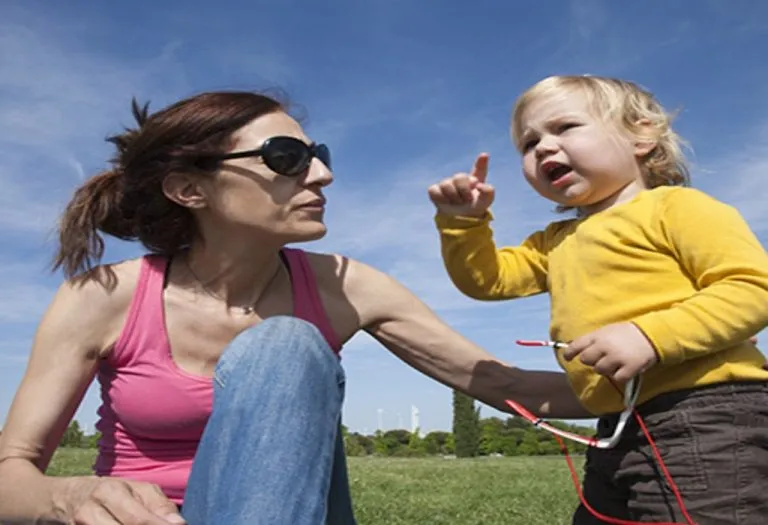

.svg)
















